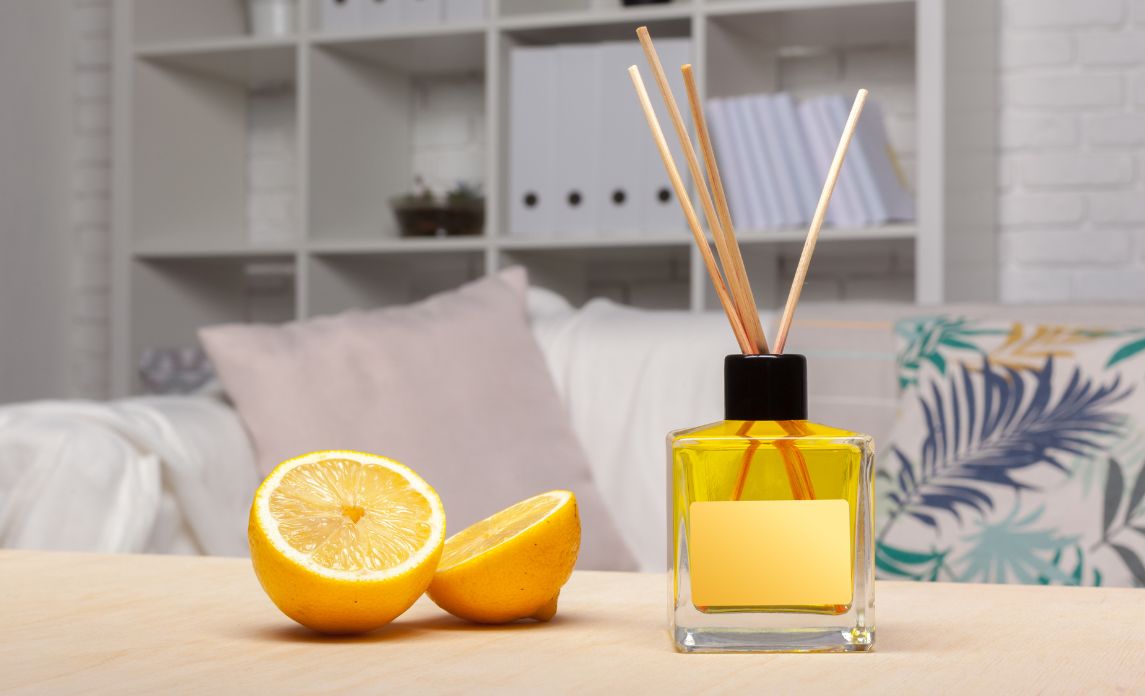Clean doesn’t really have a scent. However, many people associate pleasant scents with cleanliness. Even if a place has recently been cleaned, an “off” smell can make it seem improperly maintained. Meanwhile, if the space smells too strongly of bleach, it may appear like it’s being used to mask some other unpleasant odour.
According to several studies, scent affects mood, memory, and emotions. Thus, as a business person, building manager, or homeowner, it is your task to ensure that your space doesn’t only look clean but also smells clean. This creates a full sensorial experience within a space that can help you achieve specific goals.
Fortunately, this can be easily achieved through a combination of two things: hiring a commercial cleaning company and using aromatherapy in a strategic manner. With the help of professional cleaners, you can keep a space immaculate without too much effort. On the other hand, aromatherapy can suffuse your immediate surroundings with fragrances to promote well-being.
Businesses and the Scent of Clean
For businesses, cleanliness is more than a maintenance concern. It’s also a big factor that contributes to employee productivity, health, and safety. Cleanliness is also crucial for smooth daily operations and, perhaps more importantly, customer patronage, experience, and retention.
Just put yourself in the shoes of a consumer. Would you rather visit a clean store or a visibly dirty one that smells just as bad? The answer is quite obvious. In industries that relate to food and beverage, cleanliness and hygiene become even more paramount.
Indeed, a clean, fresh-smelling space is crucial for business. That said, you also don’t want to overwhelm customers with fragrances. You want your premises to smell good, but the scent should not be so overpowering as to cause irritation (or worse, respiratory issues).
Fragrances for Productivity
Because of the COVID pandemic, many employees who work in an office have become more conscious about the air they breathe. Aside from being free from sickness-causing germs, the air should also promote general well-being.
Thus, aromatherapy and clean, energising scents can play a big role in providing a sense of confidence in employees that they will be safe within their workplace. This will ultimately contribute to productivity, focus, and information retention.
Some of the best scents to use in a workplace are lemon, peppermint, and rosemary. The citrusy smell of lemon can improve mental focus and can provide a burst of energy.
Meanwhile, the sharpness of peppermint can prove to be helpful in maintaining wakefulness when performing repetitive work. Finally, the scent of rosemary has been known to boost alertness. This can be good for night shift workers.
Scents for Relaxation
If you want to evoke a calming ambiance at home or at work, you can complement a clean environment with the scent of lavender, jasmine, or vanilla.
The scent of lavender has long been used as a relaxation and sleep aid. This is because lavender oil possesses many calming properties that can soothe stress and release tension. It’s therefore no surprise that many spas and wellness centres use this fragrance in their establishments.
Another floral fragrance that can promote relaxation is jasmine. Aside from being a popular variety of essential oil, you can also find candles, perfumes, and soaps with this scent. As such, it’s easy to imbue your space with this light and pleasing aroma.
For something sweet and mild, on the other hand, you can try vanilla. It’s a comforting smell that evokes a sense of warmth and home. Vanilla is also a foundation or base note, which is essentially the long-lasting part of a fragrance that you can smell the most.
If you’re looking for something a little livelier, you can try fragrances like sea breeze or anything that’s citrusy.
Choosing the Right Fragrance
There are many ways to incorporate aromatherapy and scents into your cleaning routine. One of the most popular is through the use of essential oil diffusers. These simple appliances create sound waves, which then disperse small particles of oil into the air. Many oil diffusers also have customisable settings that let you control how much oil is dispersed within a set period. This allows you more control over the air-to-fragrance balance.
You can also use candles, incense, or sprays, although do note that these might not last as long as diffused oil. What’s more, candles and incense emit smoke that can aggravate certain respiratory conditions. Meanwhile, room sprays may have certain additives that can cause irritation. If possible, look for sprays made from natural ingredients to minimise risk.
If you’re using natural fragrances like oils, concentration is also important. This is where the saying “a little goes a long way” applies, as using too much oil in too short a time can result in oversaturation. This can lead to discomfort and irritation, among other unpleasant circumstances.
Lastly, before you use any type of fragrance in your space, make sure that no one is allergic or sensitive to any of the components. Some allergies are rare (e.g., lavender allergies), but they do exist. Check with employees, family members, and other people who will frequent the space before you incorporate aromatherapy into your cleaning routines.


